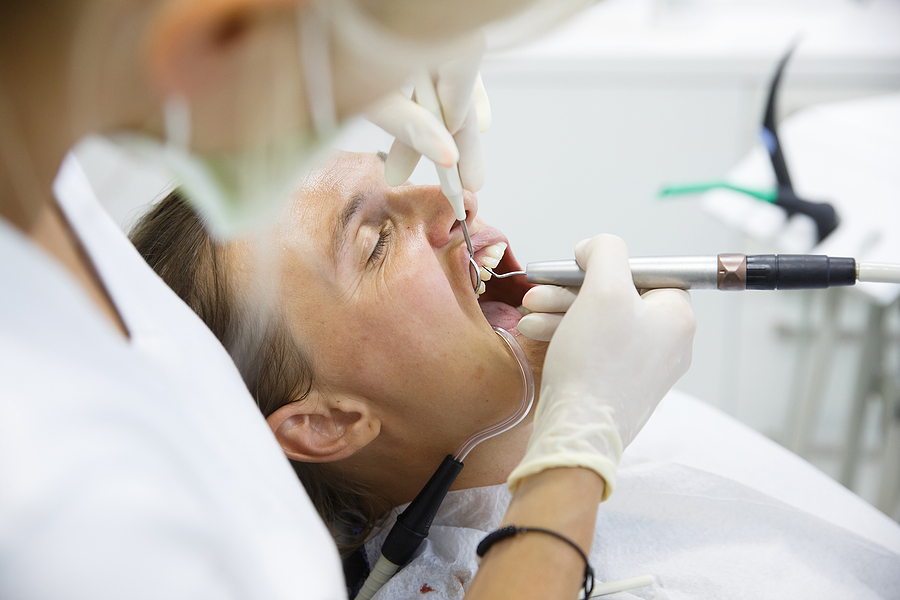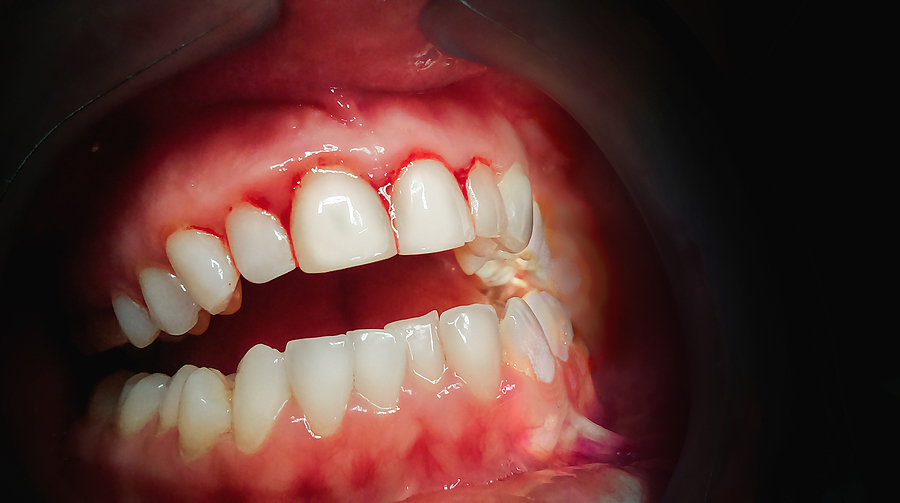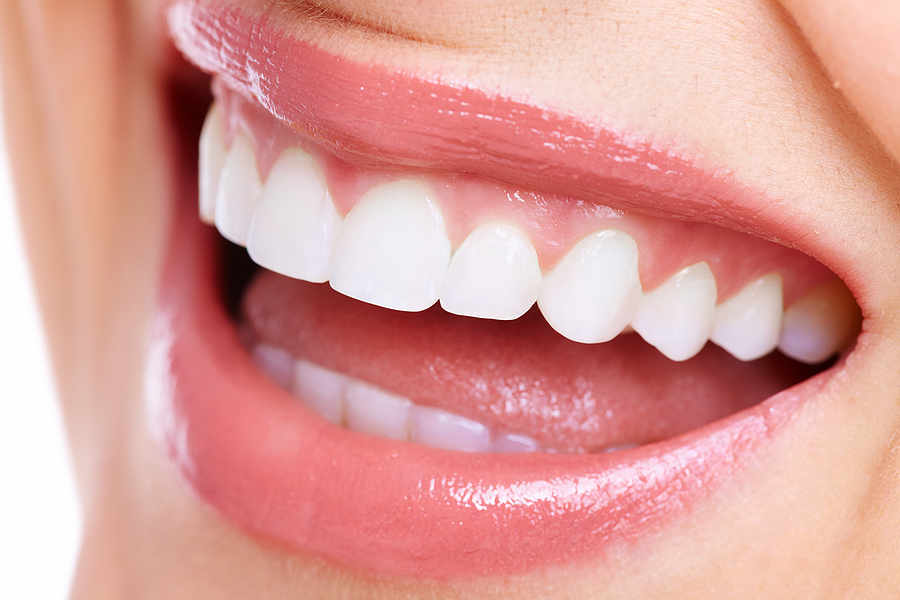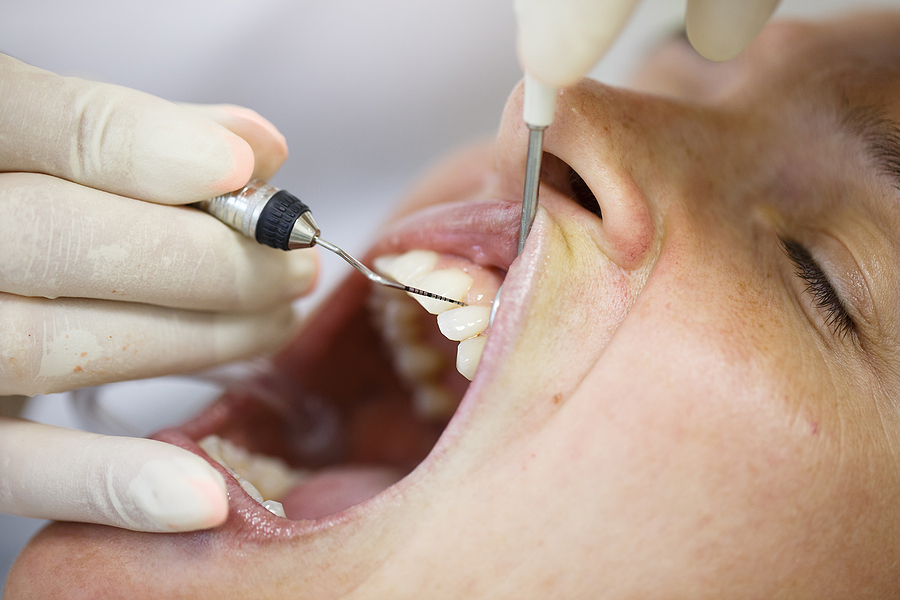Tooth extractions, removing a tooth from its jawbone socket, become necessary for various reasons. Severe tooth decay or damage, often beyond repair, may warrant extraction to prevent infection from spreading to surrounding teeth and gums, preserving oral health. Similarly, teeth affected by advanced periodontal disease or trauma may require extraction to avoid further complications. In orthodontic treatment, tooth extractions can create space to properly align the remaining teeth, facilitating a healthier bite and overall dental alignment. Additionally, impacted wisdom teeth, which may cause pain, infection, or damage to adjacent teeth, often necessitate extraction. In cases where other treatments are impractical or ineffective, tooth extraction remains a vital procedure to alleviate pain, prevent infection, and maintain the integrity of the oral cavity.
Simple vs. Surgical Extractions
Simple Extractions
Simple extractions are performed on teeth visible in the mouth and easily accessible. These teeth typically have a straightforward root structure and do not require extensive surgical intervention. Simple extractions are commonly used for:
- Teeth with severe decay that cannot be restored with fillings, crowns, or root canal treatment.
- Loosened teeth due to advanced gum disease.
- Overcrowded teeth need removal to make space for orthodontic treatment.
- Non-restorable teeth broken down by trauma or wear.
Surgical Extractions
Surgical extractions are more complex when a tooth is not easily accessible or fully erupted. This includes teeth that are impacted (such as wisdom teeth), broken at the gum line, or have curved or long roots. Surgical extractions may be necessary for:
- Impacted wisdom teeth that have not fully emerged from the gum line.
- Teeth with complicated root structures or fractures below the gum line.
- Teeth with extensive decay where simple extraction tools cannot access the tooth properly.
- Retained roots or residual tooth fragments after a previous extraction.
The Benefits of Tooth Extractions
- Tooth extraction can effectively alleviate chronic pain or discomfort caused by severe decay, infection, or trauma. By removing the source of pain, patients experience immediate relief and improved overall comfort.
- Extracting a severely decayed or infected tooth prevents the spread of bacteria to surrounding teeth, gums, and bones. This helps contain the infection and reduces the risk of developing more severe oral health issues such as gum disease or abscesses.
- Tooth extraction is sometimes necessary to address crowding issues in the mouth, particularly in orthodontic treatment cases. Removing one or more teeth creates space to properly align the remaining teeth, improving bite function and overall oral health.
- In cases of advanced gum disease (periodontitis), tooth extraction may be necessary to remove teeth that are severely affected and cannot be saved with other treatments. This helps manage the progression of the disease and prevents further damage to the gums and supporting structures.
- Extracting a severely damaged or fractured tooth that cannot be restored helps prevent further damage to adjacent teeth and surrounding tissues. Leaving a compromised tooth untreated can lead to complications such as infections, abscesses, or damage to neighboring teeth.
- Wisdom teeth (third molars) that are impacted or partially erupted can cause symptoms such as pain, swelling, and infection. Extracting impacted wisdom teeth alleviates these symptoms and reduces the risk of complications such as tooth decay, gum disease, or damage to neighboring teeth.
- Extracting severely decayed or infected teeth can improve oral hygiene by eliminating areas where bacteria can accumulate and cause further damage. This helps maintain the health of the surrounding teeth and gums and reduces the risk of developing additional dental problems.
- Extracting severely damaged, decayed, or unsightly teeth can improve the appearance of the smile and boost self-confidence. Restoring the natural symmetry and aesthetics of the smile contributes to overall oral health and well-being.
Alternatives to Tooth Extractions
Root Canal Therapy
Root canal therapy is a common alternative to tooth extraction, especially for teeth with severe decay or infection. This procedure involves removing the infected or damaged pulp (the innermost part of the tooth), cleaning and disinfecting the root canals, and then filling and sealing the tooth. Root canal therapy can save a tooth that would otherwise need to be extracted, preserving its functionality and appearance.
Dental Crowns
Dental crowns are used to restore teeth that are significantly decayed, cracked, or damaged but still have enough healthy structure to support a restoration. A crown is a custom-made cap that covers the entire tooth, protecting it and restoring its shape, size, and strength. Crowns can be used with other treatments, such as root canal therapy or large fillings, to reinforce a weakened tooth.
Dental Fillings
Dental fillings can be an effective alternative to extraction for teeth with minor decay or damage. They restore the integrity of the tooth by filling cavities caused by decay with materials such as amalgam, composite resin, gold, or porcelain. This treatment can prevent further decay and restore normal function.
Periodontal Treatment
Periodontal treatment is essential for managing gum disease, which can lead to tooth loss if left untreated. Treatments range from non-surgical options like scaling and root planing (deep cleaning) to surgical procedures like gum grafts or pocket reduction surgery. By addressing the underlying gum disease, these treatments can stabilize the teeth and prevent the need for extractions.
Tooth extractions are performed to preserve oral health, alleviate pain and discomfort, prevent infection spread, and restore proper oral function and aesthetics. I Visit Boardwalk Dental at 140 Boardwalk Dr, Fort Collins, CO 80525, or call (970) 407-8080 to determine if tooth extraction is the best course of action for your dental condition.
Office Hours
MON8:00 am - 5:00 pm
TUE8:00 am - 5:00 pm
WED8:00 am - 5:00 pm
THU8:00 am - 5:00 pm
FRI8:00 am - 1:00 pm
SATClosed
SUNClosed








